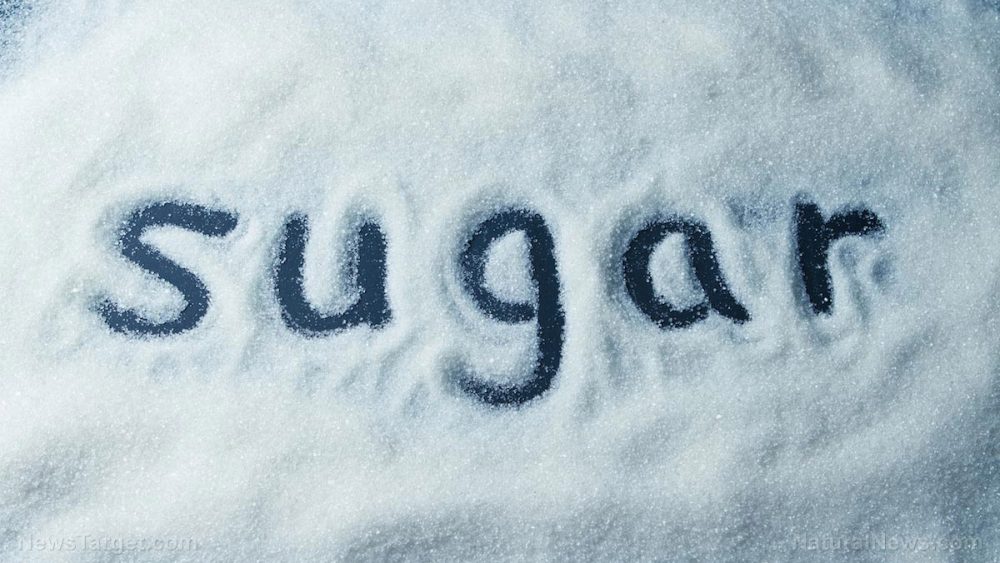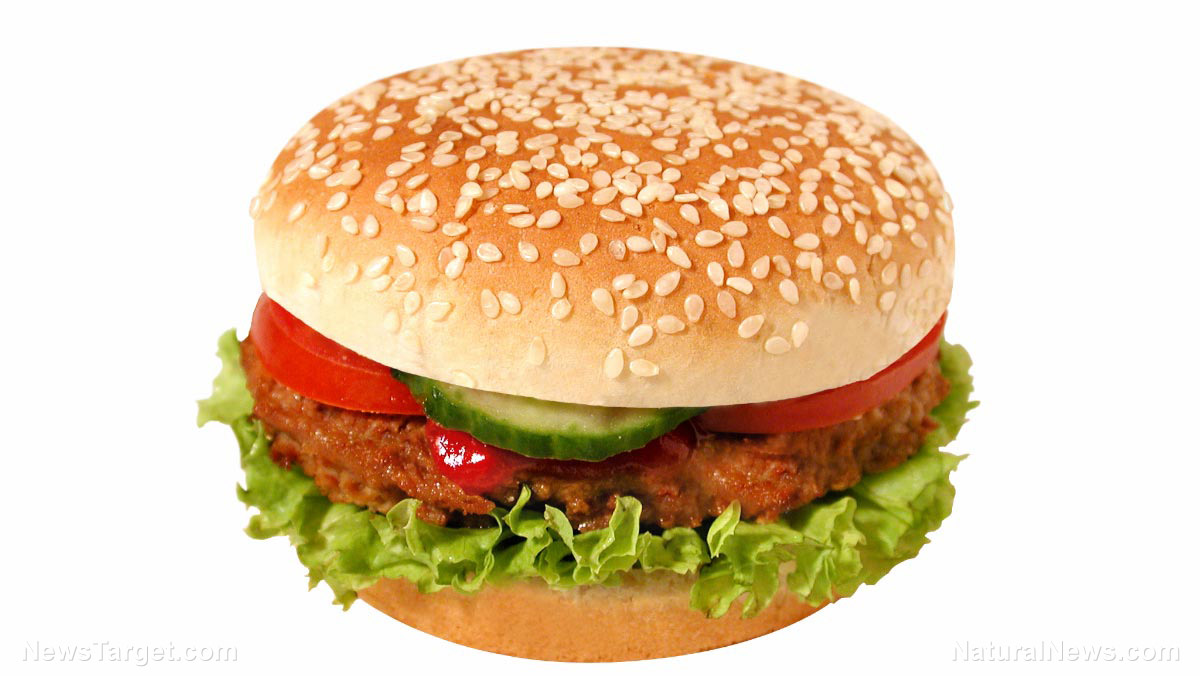
Advertisement
Researchers have discovered a mechanism that explains how reducing sugar can cause cancer cells to die. The study, which was published in the online journal Science Signaling, presented a novel cell death pathway through introducing how depriving cancer cells of sugar can trigger a reaction that causes them to die.
- This research builds on earlier scientific literature that indicates that cancer cells that quickly multiply need higher levels of sugar than normal cells.
- In the study, researchers found out that in certain cancer cells, the presence of low levels of sugar that are insufficient for providing energy may be used as a method to enhance the survivability of the cells.
- They also found out that when cancer cells are deprived of sugar, this causes a reaction across the cancer cell membrane and leads to an increased intake of calcium ions into the cells, which causes them to die ultimately.
- The team believes that this approach can be used in unique approaches to treating cancer. Initial tests in the study showed that depriving cancer cells of sugar and increasing the body’s calcium levels managed to destroy cancer cells while leaving the healthy ones unharmed.
- Also, only certain types of cancer cells were noted to have lost the capacity to maintain intercellular sugar levels after the treatment. Researchers believe that this only applies to cells which are sensitive to sugar deprivation.
The team plans to conduct further research to create possible treatment procedures from this approach in the future.
Journal Reference:
Lee HY, Itahana Y, Schuechner S, Fukuda M, Je HS, Ogris E, Virshup DM, Itahana K. CA2-DEPENDENT DEMETHYLATION OF PHOSPHATASE PP2AC PROMOTES GLUCOSE DEPRIVATION-INDUCED CELL DEATH INDEPENDENTLY OF INHIBITING GLYCOLYSIS. Science Signaling. 2018;11(512). DOI: http://dx.doi.org/10.1126/scisignal.aam7893
Advertisements







